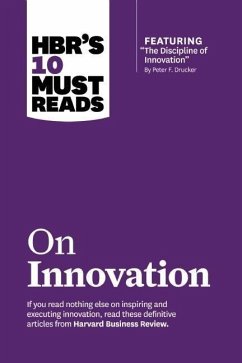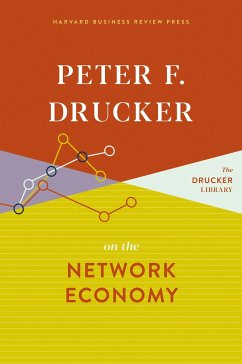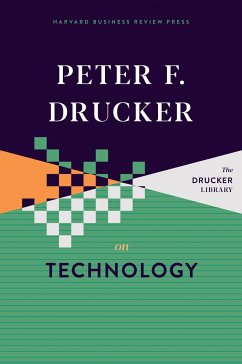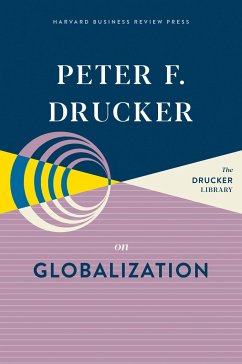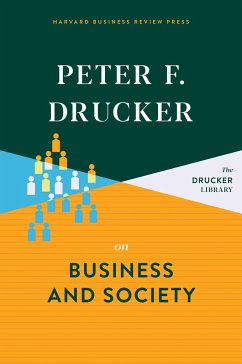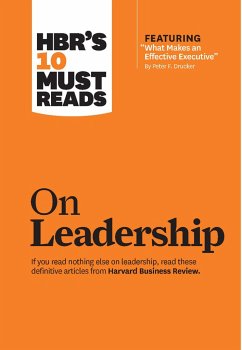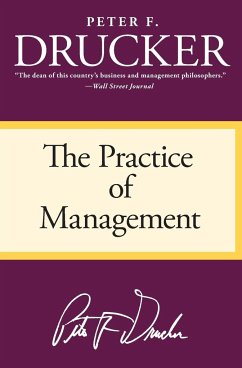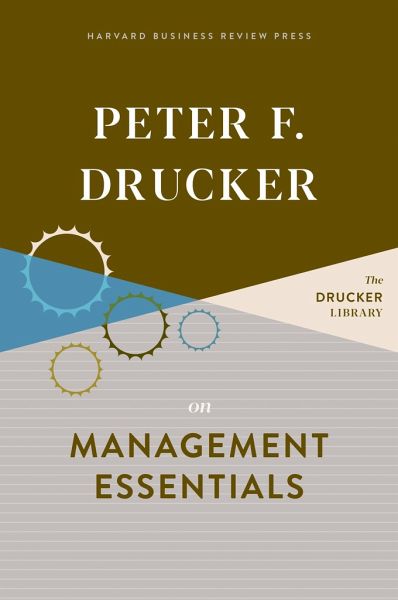
Peter F. Drucker on Management Essentials
Versandkostenfrei!
Nicht lieferbar
"What is management? What is the relationship between management and the society and culture it seeks to direct? How is a business organised, and how can managers use people's strengths more effectively? These and many more questions are discussed in Peter Drucker's classic survey of management thought and practice. Spanning all the main dimensions of management, Drucker used his direct experience as an adviser to businesses, government departments, public institutions, and as a widely sought lecturer to examine evergreen topics in business thinking. Management Essentials is the ideal volume f...
"What is management? What is the relationship between management and the society and culture it seeks to direct? How is a business organised, and how can managers use people's strengths more effectively? These and many more questions are discussed in Peter Drucker's classic survey of management thought and practice. Spanning all the main dimensions of management, Drucker used his direct experience as an adviser to businesses, government departments, public institutions, and as a widely sought lecturer to examine evergreen topics in business thinking. Management Essentials is the ideal volume for those who want to experience the essence of Drucker's early thinking in a series of short and cogent essays"--





